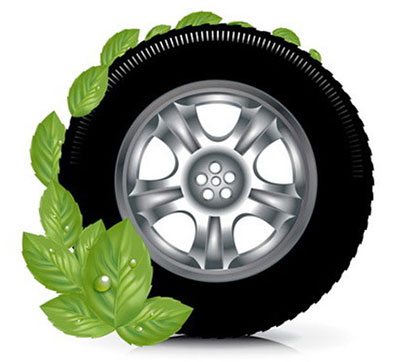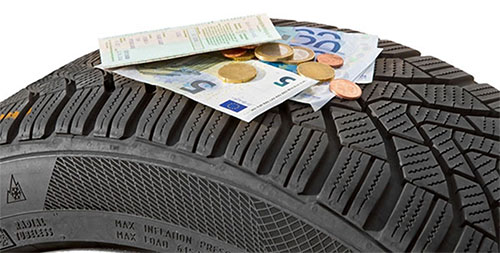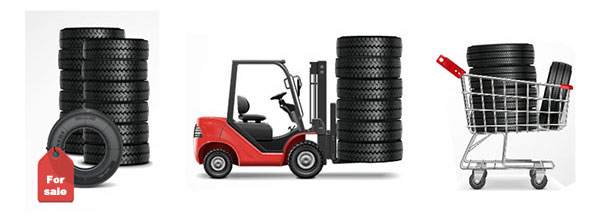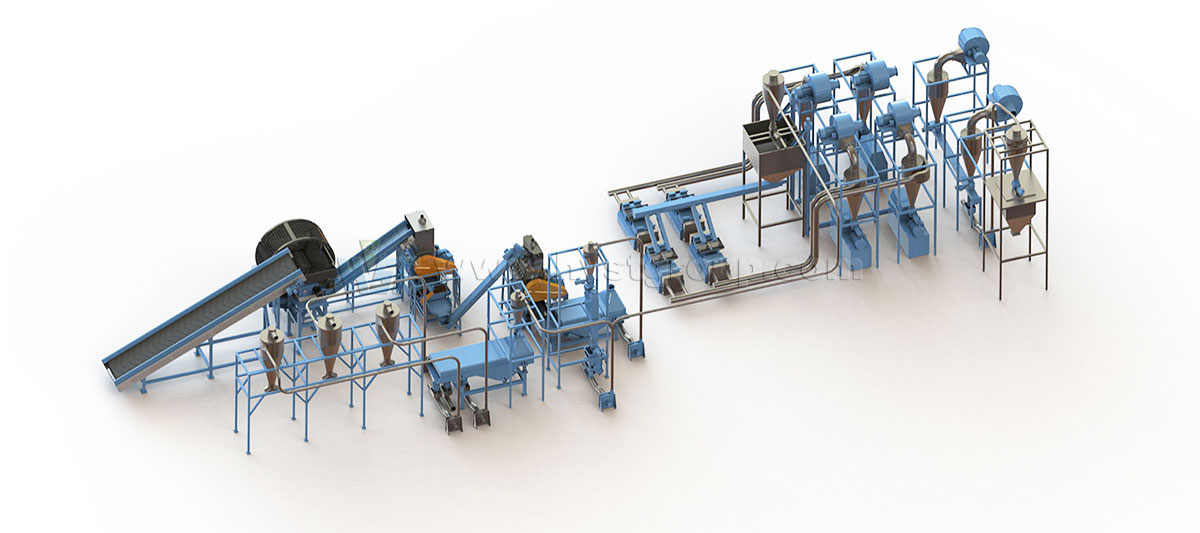Email:jane@hvstgroup.com Tel : +86-13607640882
Email:jane@hvstgroup.com Tel : +86-13607640882
 1. Environment Protection
1. Environment Protection
Rubber waste such as waste tire is called black pollution, it has strong heat resistance, mechanical resistance and degradation resistance, which will not be eliminated naturally for decades. It occupies a lot of land, and provides breeding ground for mosquitoes. Besides, it's also a factor for fire disaster. Obviously, recycling used tire is urgently needed nowadays.

 Profit is the first thing one would consider before starting a new business, we can't blame him/her, because profit is the key factor to ensures one's business can keep running healthfully for a satisfying period.
Profit is the first thing one would consider before starting a new business, we can't blame him/her, because profit is the key factor to ensures one's business can keep running healthfully for a satisfying period.  Other ways to recycle large amount of tires are pyrolysis and pulverizing, former is to make tires into tire oil, steel wire and carbon black, latter is to make rubber, steel wire and nylon fiber out of waste tires.
Other ways to recycle large amount of tires are pyrolysis and pulverizing, former is to make tires into tire oil, steel wire and carbon black, latter is to make rubber, steel wire and nylon fiber out of waste tires. | Profit Analysis of XKP-610 Tyre Recycling Plant (1mm rubber crumbs) |
|||||
| Daily Operating Cost | |||||
| Items | Consumption/Day (8 hour) | Unit Price(USD) | Total (USD/day) | ||
| 1 | Material: | Tire | 17 ton | 70 | 1,190 |
| 2 | Power: | Electricity | 1264 kWh | 0.15 | 190 |
| 3 | Labors: | Person | 3 | 15 | 45 |
| 4 | Depreciation | 40 | |||
| 5 | Other Cost | 20 | |||
| Daily Gross Cost = 1+2+3+4+5 | 1,485 | ||||
| Daily Gross Profit | |||||
| 6 | Rubber Crumbs (70%) | 12 ton/day | 250 | 3,000 | |
| 7 | Steel Wire (15%) | 2.5 ton/day | 200 | 500 | |
| Daily Gross Profit = 6+7 | 3,500 | ||||
| Daily Net Profit = Daily Gross Profit-Daily Cost | $2,015 | ||||
| Monthly Profit (22 working days) | $44,000+ | ||||
| Remark: This chart only indicates the estimated profit from selling rubber crumbs, if you use crumbs to make end products, the profit will higher (You can reclaim your investment in 4 MONTHS). |
|||||
You can see it's very fast to get the investment back, ONLY IF you find the reliable tire recycling machine manufacturer, because the machine quality is the core of your business. You can contact our sales for a detailed business plan.

3. The Source of "Raw Material"
Even though the waste tires are a serious environment problem today, you still need to pay for the wastes, a surprise? Not so much, because many companies are actually collecting and selling the old tires (in some countries, the tires will be free). Here are some parties you can turn to:
1. Tire retailers

 |
| Blocks/TDF (50-150mm) |
Chips/mulch (10-30mm) |
Granules/Crumbs (1-6mm) |
Powder (≤20mesh) |
| 1-2 t/h | 0.7-1 t/h | 0.3-1 t/h | Customized |
| 3-5 t/h | 1-1.5 t/h | 1-1.5 t/h | Customized |
| 6-8 t/h | 1.5-3 t/h | 1.5-3 t/h | Customized |
| 7-10 t/h | 3-6 t/h | 3-6 t/h | Customized |
| Output size determines configuration, can reach 99.8% rubber purity. Larger capacity also can be customized.
|
|||
XKP SERIES TIRE RECYCLING LINE
| Types | Auto (5-40mesh) |
Semi-Auto (5-40mesh) |
| XKP-350 | 150-300 kg/h | 150-300 kg/h |
| XKP-400 | 300-600 kg/h | 300-600 kg/h |
| XKP-450 | 400-800 kg/h | 400-800 kg/h |
| XKP-560 | 500-1000 kg/h | 500-1000 kg/h |
| XKP-610 | 1000-2000 kg/h | |
| XKP-680 | 1500-3000 kg/h | |
| The difference between semi-auto and full-auto is the primary shredding of tire. Sizes close to 5-40mesh also can be made |
||

The production lines are very flexible and a little more complicated than it looks, the key parameters are the output size and capacity, it will be much easier to make a plan if you can provide more information, such as tire types, applications, budget, etc.
